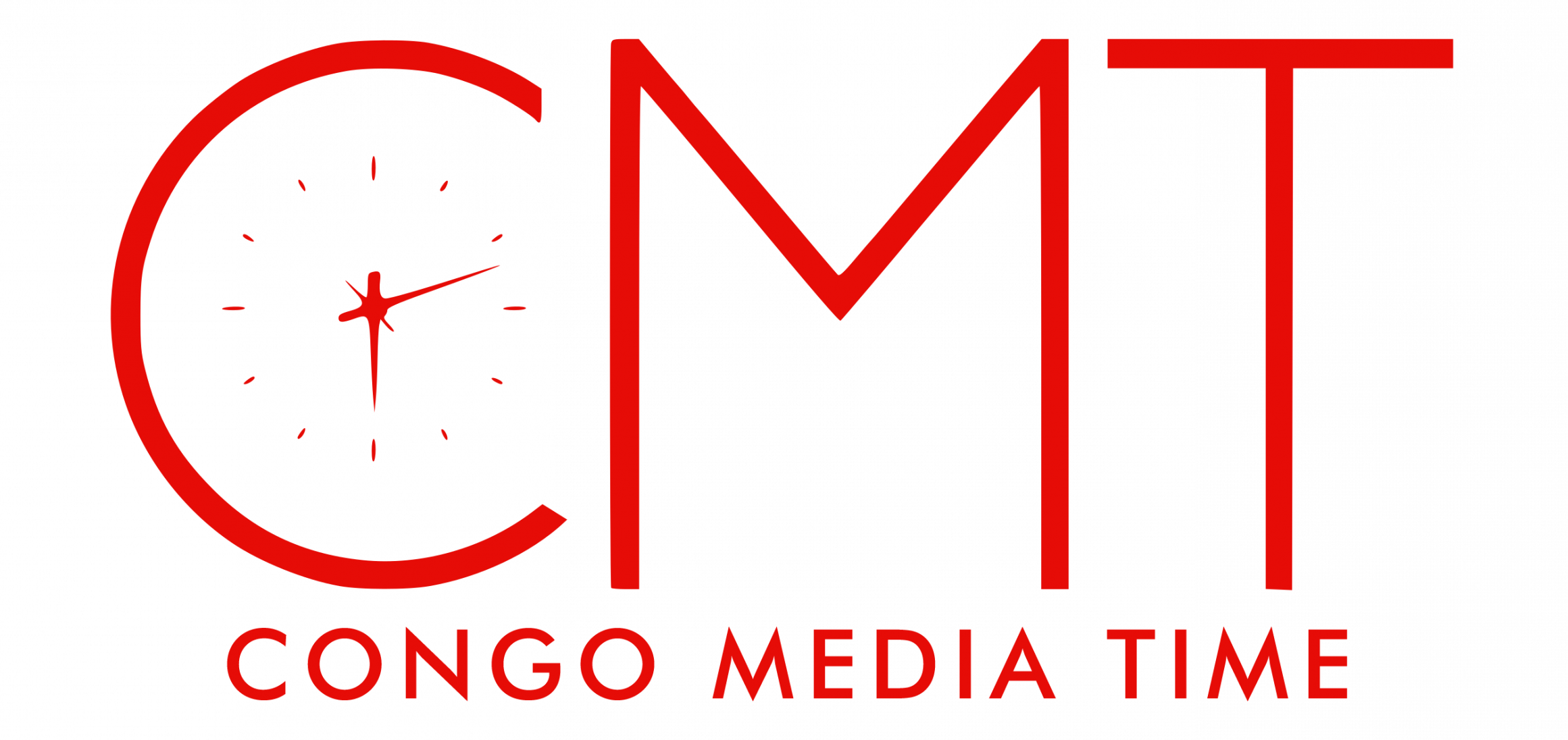🇬🇧 Congo’s presidential hopefuls keen on diversifying economy

Congo’s Presidential hopefuls are entering the last leg of the race for the March 17 and 21 polls. The candidates are in the campaign period articulating their manifestos to voters. One agenda that is shared among all the aspirants is the need to diversify the country’s economy and move away from its oil dependency.

Outgoing president Denis Sassou Nguesso, who is seeking a fourth term, has vowed to diversify the economy by tapping into agriculture. In a campaign tour in the town Impfondo in the northeastern he said, “During my next term, the government will support producers of coffee, cocoa, bananas, hunting, fishing and livestock…It will be responsible for the creation of a bank that will provide agricultural credit.”
Guy Brice Parfait Kolelas, a first runner up in the last election, who has formulated a plan to turnaround the country based on decentralization, believes that diversification will be achieved through the promotion of non-oil sectors, such as agribusiness, agro-industry, mining and agroforestry.
Albert Oniangué, a pastor and former senior officer of the Congolese army, places emphasis on diversified business development. He notes he will boost the private sector which according to him “suffers” from a lack of diversification. “I will put in place actions that will allow me to accompany project holders and entrepreneurs wishing to develop businesses in the primary and secondary sectors, especially in the agro-industry as well as in the manufacturing, clothing and fashion industries,” reads an extract from his manifesto.
♦Also read: Seven candidates contest for the presidency
Mathias Dzon, 73, who is contesting for the second time in Congo’s presidential election, seeks to mobilise billions of dollars in Foreign Direct Investments over the next decade in order to transform the oil rich nation to become the “Dubai of Africa”. According to Dzon, these great economic ambitions “involve a powerful development of non-oil sectors that constitute the country’s real economy (agriculture, industries, services, tourism, digital, ecology, commerce, etc.) without which the national economy will remain fictional.”
Dave Mafoula, the youngest candidate in the race, aims at transforming the nation in order to restore its economic and social equilibrium through his campaign pledge dubbed « Presidential Contract ». “We propose the exploitation and transformation of our raw materials to create jobs and national wealth. We will pass a law of economic equity which will oblige companies which exploit the Congolese soil and subsoil to transform 30 per cent of their production into finished products locally,” Mafoula states in his manifesto.
Anguios Nganguia Engambé, running for the third consecutive time in Congo’s presidential poll, has stated that Agriculture is the main priority for the country. Engambé who presents himself as someone with an avant-garde style of leadership, has been touring markets and small scale farmers, all at the same time surveying this sector as he intends to give a comprehensive report before the end of the campaign period.
Joseph Kignoumbi Kia Mboungou, running for the fourth consecutive time for the country’s top seat, is keen to diversify and revitalize the economy. Mboungou states that once elected he will conduct an economic policy based on guaranteeing funds and credit for entrepreneurs, enhancing the country’s agricultural potential and reforming the mining sector.
Meanwhile, oil represents the largest sector of the economy and contributes upwards of 60 per cent of the government’s annual declared revenue. However, the outbreak of the Covid-19 pandemic has negatively impacted the country’s economy and investment climate. Moreover, even before the pandemic, Congo has been going through an economic recession as a result of the underperformance of the oil sector due to the decline in production and world oil prices.
Nevertheless, all the candidates seem keen on turning the economy around through diversification mainly into agriculture as the country has vast swaths of arable land. The Central African Nation has not only enough land but a well developed water system, favorable climate for agriculture and forests.
According to the recent Economic Outlook by the African Development Bank, Congo is endowed with significant agricultural potential and also has immense natural resources that have not yet been fully exploited.





